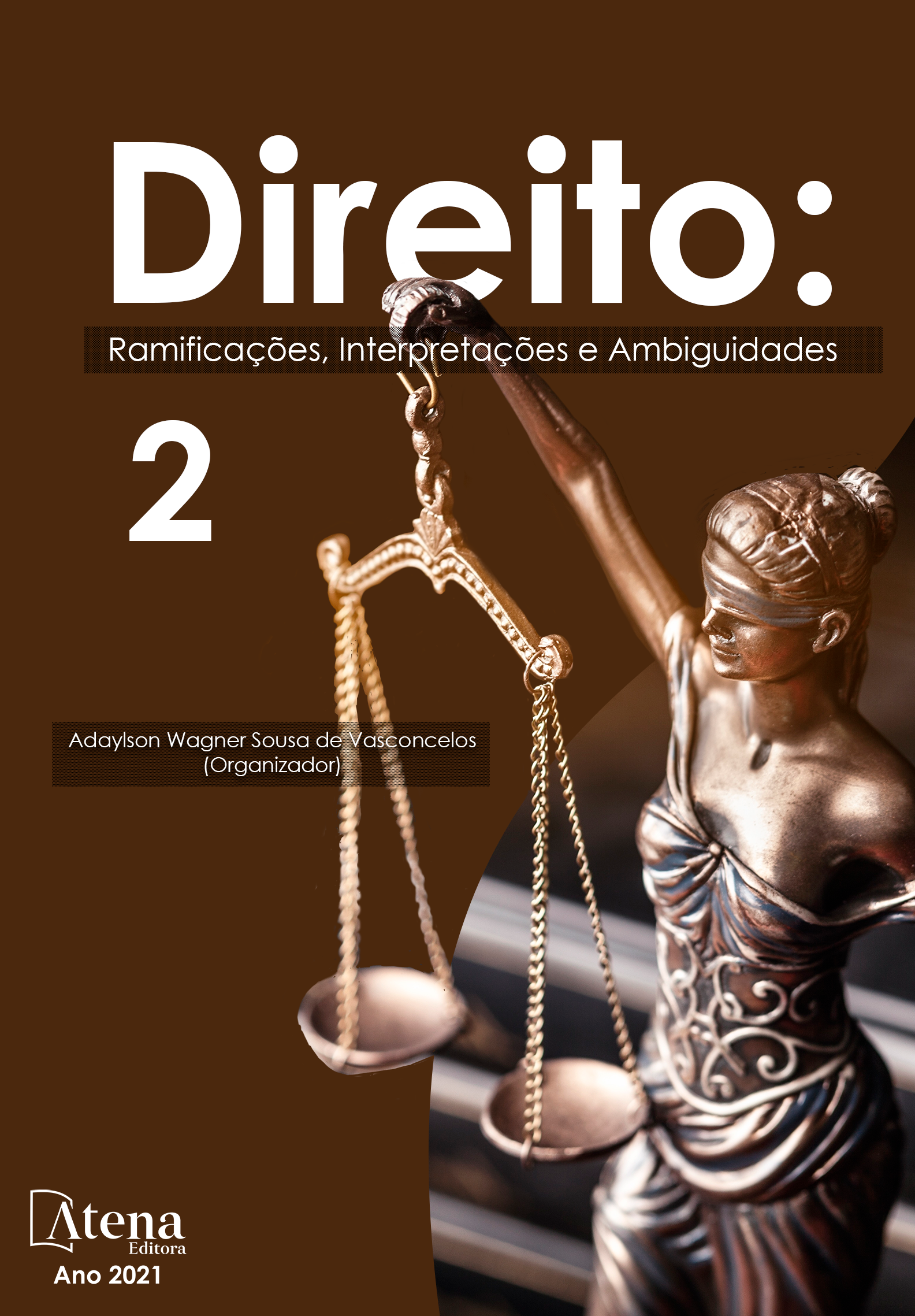
Justiça Restaurativa na Solução de Conflitos com Adolescentes
A Justiça Restaurativa é considerada uma nova concepção de justiça, surgindo como uma nova abordagem para se compreender o crime, com escopo de redução da criminalidade, com destaque à responsabilização do infrator, assim como a restauração de vínculos, sob a ótica da necessidade da mudança da cultura penal. A Justiça Restaurativa visa compreender a abordagem entre infrator e a vítima e o ato infracional praticado, com foco em não só reparar o dano material ou imaterial causado, mas também a participação ativa dos envolvidos na resolução dos problemas ocasionados, diferentemente da maneira segregada do processo penal retributivo limitado a réu e Estado. No mais, tem como escopo que os próprios envolvidos em uma situação conflituosa possam buscar uma solução conjunta, com respeito aos sentimentos e necessidades individuais e coletivas, de modo a alcançar uma efetiva transformação nas relações, buscando ainda eliminar barreiras e preconceitos relacionados à juventude em conflito, reconhecendo a complexidade dos sujeitos envolvidos. Destarte, a Justiça Restaurativa prima pelo respeito aos Direitos Humanos consubstanciados na Declaração Universal dos Direitos e na Magna Carta, devem ser respeitados por todos, incluindo os sujeitos em conflito com Lei, de modo a desvencilhar dos vícios atinentes ao processo retributivo. Deste modo, sobreleva-se a restabelecer relações, reconciliando os indivíduos ligados ao conflito e a comunidade, a fim de contribuir para o fortalecimento das relações interpessoais, não elimina o sistema penal retributivo, mas apresenta alternativas e vias para superação deste paradigma.
Justiça Restaurativa na Solução de Conflitos com Adolescentes
-
DOI: 10.22533/at.ed.8542110038
-
Palavras-chave: Justiça Restaurativa, Sistema Retributivo, Práticas Restaurativas, Humanidade
-
Keywords: Restorative Justice, Retributive System, Restorative Practices, Humanity
-
Abstract:
Restorative Justice is considered a new conception of justice, appearing as a new approach to understand crime, with the scope of crime reduction, with emphasis on the accountability of the offender, as well as the restoration of links, from the point of view of the need for change of criminal culture. Restorative Justice aims to understand the approach between offender and the victim and the infraction act practiced, focusing not only to repair the material or immaterial damage caused, but also the active participation of those involved in solving the problems caused, unlike the segregated way of the process criminal penalty limited to defendant and State. Moreover, it is intended that those involved in a conflict situation may seek a joint solution, with respect to individual and collective feelings and needs, in order to achieve an effective transformation in relations, seeking to eliminate barriers and prejudices related to youth in conflict, recognizing the complexity of the subjects involved. In this way, the restorative justice system must respect all human rights enshrined in the Universal Declaration of Human Rights and the Federal Constitution, must be respected by all, including the subjects in conflict with Law, in order to remove the vices related to the retributive process. In this way, it is necessary to reestablish relationships, reconciling individuals linked to conflict and community, in order to contribute to the strengthening of interpersonal relations, does not eliminate the retributive penal system, but presents alternatives and ways to overcome this paradigm.
-
Número de páginas: 33
- Natália Silveira Rodrigues de Souza


